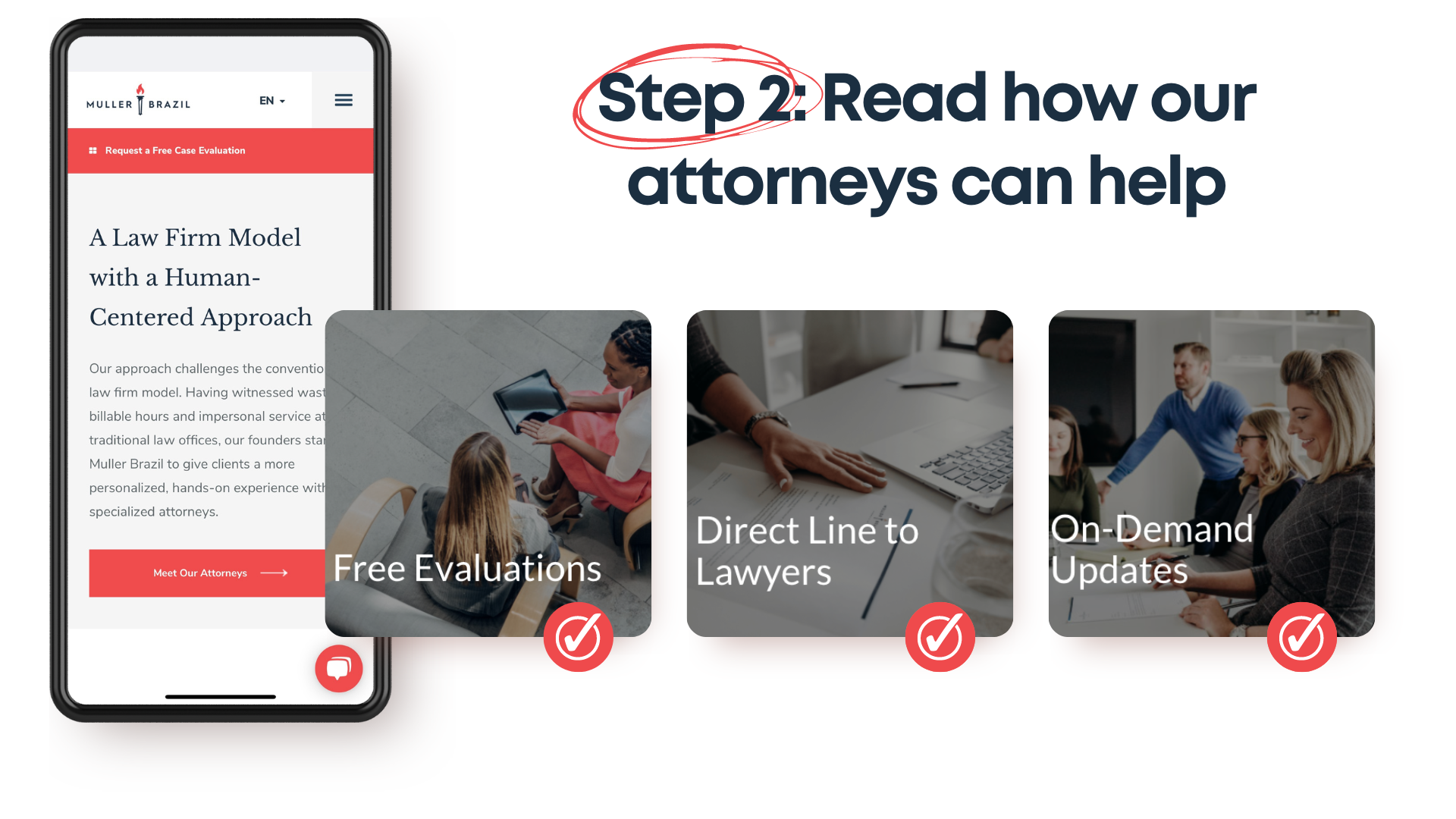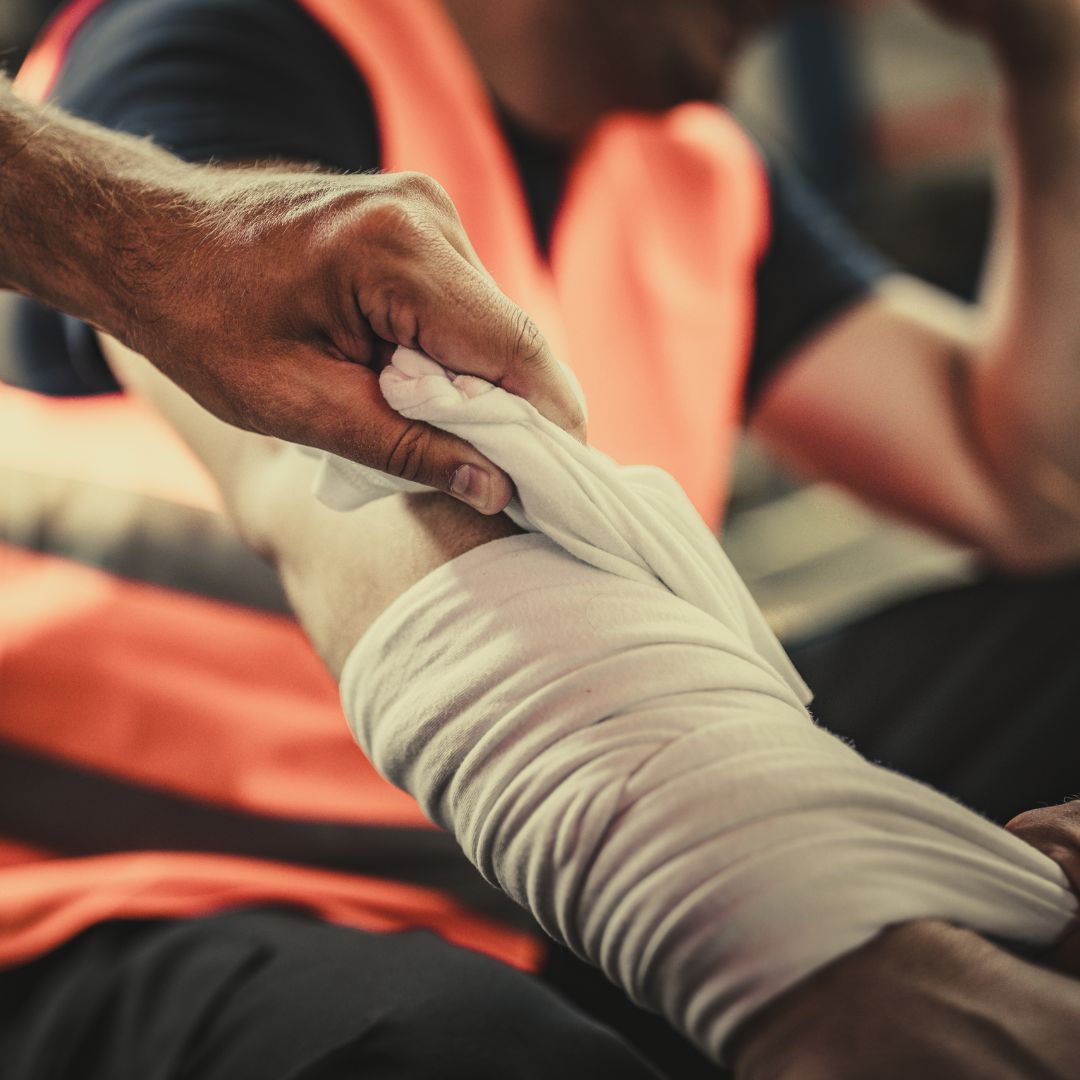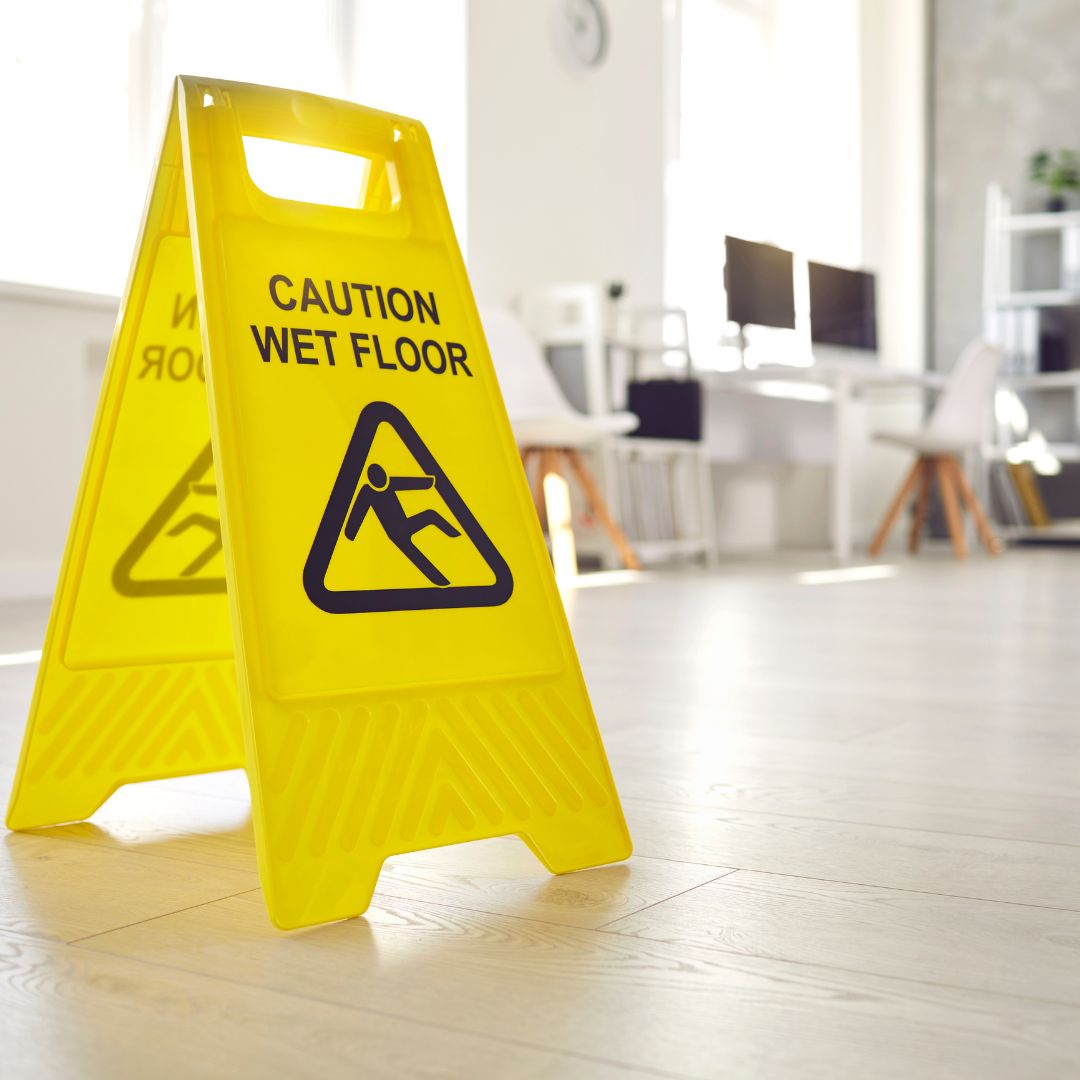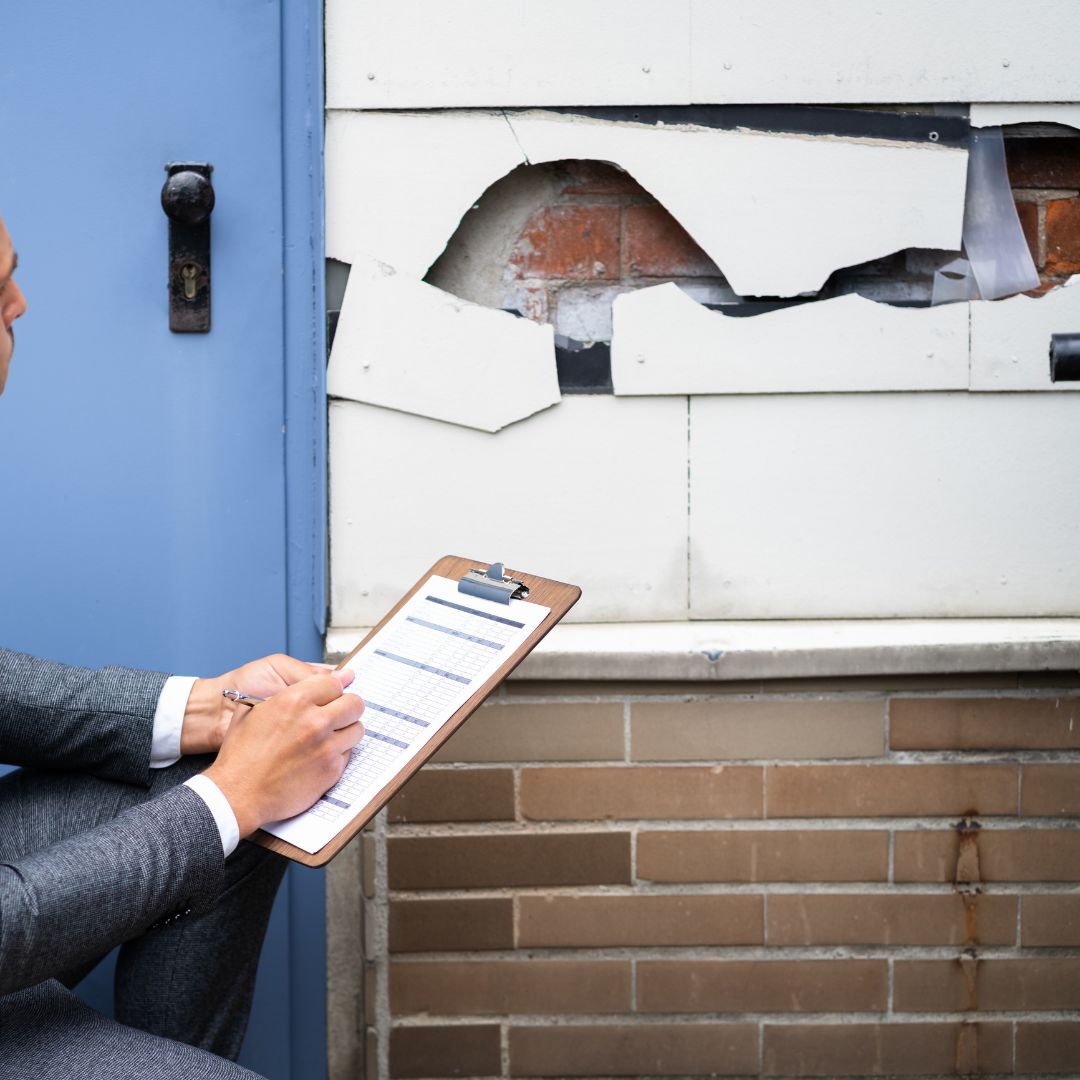Philadelphia Hernia Mesh Lawyers
Have you experienced ongoing complications after hernia mesh surgery? You’re not alone.
Hernia repairs are one of the most common surgeries in the United States, with over 1 million procedures performed annually.
Get a Free Consultation Now
Hear From Our Clients
Bridget is the consummate attorney. She walked me through the process and stayed in touch with me while my claim processed. I knew I could call her anytime with any questions and she is up front and honest. I’m so grateful to have had her on my case.
I am so thankful for Muller Brazil. My medical bills were taken care of which was the most important thing for me going forward. I feel like i got vip service ... Thanks again y'all.
Leigh went above and beyond always for me on my case. She sent me updates often and made me feel important. Which is the case got overwhelming at times, Leigh always made me feel at ease and worked tirelessly for me. She is exceptional at what she does and concerns for her clients. Continued Blessings Leigh!
What Is Hernia Mesh?
$375k Won for a Motorcycle Accident
A number of these involve hernia mesh implants, which are intended to reduce the rate of hernia recurrence. However, studies and reports have shown that up to 30% of patients may experience complications related to hernia mesh, such as chronic pain, infection, or mesh failure.¹ If you're suffering from these serious complications, the legal team at Muller Brazil is here to support you with a defective hernia mesh lawsuit.
Hernia mesh is a medical device commonly used in hernia repair surgeries to strengthen or support weakened or damaged tissue. Typically, it’s made from synthetic materials like polypropylene or bioabsorbable materials that degrade over time. The mesh acts as a scaffold to provide extra support to the healing tissues around the hernia site, ideally preventing the hernia from recurring.
Types of Hernia Mesh
- Synthetic Mesh: The most common type, made from various plastics, designed to permanently integrate with the body’s tissue.
- Biologic Mesh: Made from animal tissues, such as pig or cow, that are suitable for implantation and encourage tissue growth.
Common Uses
Hernia mesh is used in various types of hernia repair surgeries, including:
- Inguinal Hernias: Hernias in the groin area, the most common type of hernia.
- Incisional Hernias: Occurring through a scar after abdominal surgery.
- Femoral Hernias: Less common and occur near the upper thigh or outer groin.
Despite its benefits, hernia mesh is not without risks. Complications can arise, such as mesh migration, where the mesh moves from its original position, or mesh failure, which might require revision surgery. Other complications include:
- Infection
- Chronic pain
- Adverse reactions to the mesh material itself

Why Is Hernia Repair With Mesh Common?
$190k Won for a Slip & Fall
Hernia repair with mesh has become a standard medical practice due to its effectiveness in reducing the rate of hernia recurrence. The use of hernia mesh in surgeries provides several benefits that have made it popular among surgeons and patients alike.
Benefits of Hernia Mesh
- Reduced Recurrence Rates: Studies have shown that using mesh lowers the chances of a hernia returning compared to surgery without mesh.
- Versatility: Hernia mesh can be used in various types of hernias, including inguinal, femoral, and incisional hernias, making it a versatile tool in a surgeon's repertoire.
- Durability: The materials used in hernia mesh are designed to withstand the stresses of the body's movements, providing long-term support to the repaired area.
- Quick Recovery: The use of mesh often allows for quicker recovery times, enabling patients to return to their daily activities sooner.

Hernia Mesh Complications
$150k Won for a Defective Knee Implant
While hernia mesh is designed to reduce the likelihood of hernia recurrence and support the healing process, it’s not without potential complications. Understanding these risks is important for patients considering or having undergone hernia mesh surgery.
Hernia Recurrence
Despite the use of hernia mesh being associated with reduced recurrence rates, hernia recurrence remains a significant risk:
- Improper Mesh Placement or Fixation: If the mesh is not properly positioned or secured, it can lead to inadequate coverage of the hernia defect, resulting in recurrence.
- Mesh Contraction: Over time, some meshes may shrink or contract, which can diminish their effectiveness and lead to recurrence of the hernia.
- Body's Reaction to Mesh: In some cases, the body may not integrate the mesh well, leading to inflammation or fibrosis, which compromises the stability of the repair and leads to recurrence.
Other Common Risks
- Chronic Pain: One of the most reported complications is chronic pain, which affects the patient's quality of life significantly. This is caused by nerve entrapment, mesh shrinkage, or inflammation.
- Infection: Mesh can introduce risks of infection, which might require treatment with antibiotics or, in severe cases, removal of the mesh.
- Mesh Migration and Erosion: The mesh can migrate from its original position, potentially eroding into nearby organs or tissues and causing severe complications.
- Bowel Obstruction: In cases where the mesh adheres to the intestines, it leads to bowel obstruction, a serious condition that might require surgical intervention.
- Autoimmune Reactions: Some patients may develop an autoimmune response to the mesh, leading to chronic inflammation and other systemic symptoms.
Serious Long-term Complications
- Organ Perforation: Mesh erosion can lead to the perforation of organs such as the intestines, which is a critical condition requiring immediate medical attention.
- Revision Surgery: Due to complications, some patients may need additional surgeries to remove or replace the mesh, which is more complex and riskier than the initial hernia repair.

Areas We Serve
Hernia Mesh Recalls
$3.1M Won for a Vaccine Injury
Over the years, several hernia mesh products have been recalled by manufacturers or flagged by health authorities due to safety concerns. These recalls highlight the potential risks associated with certain hernia mesh devices and underscore the importance of regulatory oversight.
Notable Hernia Mesh Recalls and Lawsuits
- Atrium C-Qur Mesh
- Bard Davol Polypropylene Hernia Mesh
- Ethicon Flexible Composite Physiomesh
- Covidien Progrip and Symbotex Hernia Mesh
Impact of Recalls on Patients
Recalls impact patients who have had the recalled mesh implanted:
- Increased Anxiety and Monitoring: Patients may require additional medical monitoring to assess the state of their mesh implant.
- Need for Revision Surgeries: In some cases, removal or revision surgery may become necessary, involving further risk and recovery time.
- Legal Recourse: Patients affected by recalled hernia mesh may have grounds for legal action to seek compensation for their injuries, medical costs, and related suffering.
Understanding Hernia Mesh Lawsuits
Hernia mesh lawsuits have led to significant legal actions, focusing on issues like poor design and inadequate warnings about risks. These lawsuits often combine into larger groups called Multi-District Litigations (MDLs), which streamline cases against big manufacturers.Settlements in these cases can be quite substantial, with some reaching up to $1 million, reflecting the severe health issues faced by patients, including infections and hernia recurrence.
Our Approach to Hernia Mesh Lawsuits
Filing a hernia mesh lawsuit is a complex process that requires a deep understanding of both legal and medical issues. It's important to know your rights and the options available to you. Each case is unique, and our approach at Muller Brazil is to provide personalized legal representation. From your initial consultation through the entire legal process, we guarantee that your case will receive the attention it deserves, focusing on the specifics of your situation.
Our Hernia mesh attorneys will guide you through every step of the process, advising on how best to proceed based on the details of your case. It's important not to deal directly with the mesh manufacturer or to settle without consulting a lawyer, as this could impact the compensation you're entitled to receive.
Thousands of hernia mesh lawsuits have been filed due to complications arising from defective meshes. Our hernia mesh lawsuit lawyers are skilled with these types of cases, including the strategies employed by mesh manufacturers. We assist you in:
- filing your claim
- deciding whether joining a class action is appropriate
- pursuing the maximum possible settlement
We understand the details of these cases and are dedicated to explaining all your options thoroughly.
If you have experienced complications from hernia mesh surgery or hernia mesh implant, the team at Muller Brazil is committed to providing you with the expert legal guidance and representation you need to secure justice and compensation.
FAQs
-
What is surgical mesh and how is it used in hernia surgery?
Surgical mesh is a medical device commonly used to reinforce the abdominal wall during hernia repair surgery. It is designed to provide additional support to the weakened area, reducing the risk of hernia recurrence.
-
What should I do if I think I have a hernia mesh injury?
If you suspect you have sustained an injury from hernia mesh, it's important to seek medical attention immediately to assess your condition. After that, consider contacting a lawyer who specializes in hernia mesh claims to discuss your legal options.
-
How do I start a hernia mesh claim?
Starting a hernia mesh claim involves gathering all relevant medical records and documenting your injuries and any subsequent treatments. Consulting with a lawyer experienced in hernia mesh lawsuits can help you with the process and make sure that your claim is properly filed.
-
What are common complications associated with hernia mesh?
Common complications from hernia mesh include pain, infection, mesh migration, hernia recurrence, and damage to surrounding tissues or organs. These issues can arise shortly after the surgery or years later, necessitating further medical interventions.
-
Is there a time limit for filing a hernia mesh lawsuit?
Yes, there is a statute of limitations for filing a hernia mesh lawsuit, which varies by state. It is important to consult with a lawyer as soon as you become aware of a potential hernia mesh injury to guarantee that your claim is filed within the legal time limits.
Related Blog Posts
5 min read
Can I Sue for a Slip and Fall on Ice?
Maximillian J. Muller, Esquire: Sep 29, 2025
5 min read
Proving Negligence in a Slip and Fall in Montgomery County
Maximillian J. Muller, Esquire: Sep 25, 2025
4 min read
Grocery Store Slip and Fall in Montgomery County
Paul R. Brazil, Esquire: Sep 23, 2025
Our Consultations Are Always Free
Don't worry, you won't be passed along to staff like other law firms - speak directly with our lawyers today.








.jpg)




